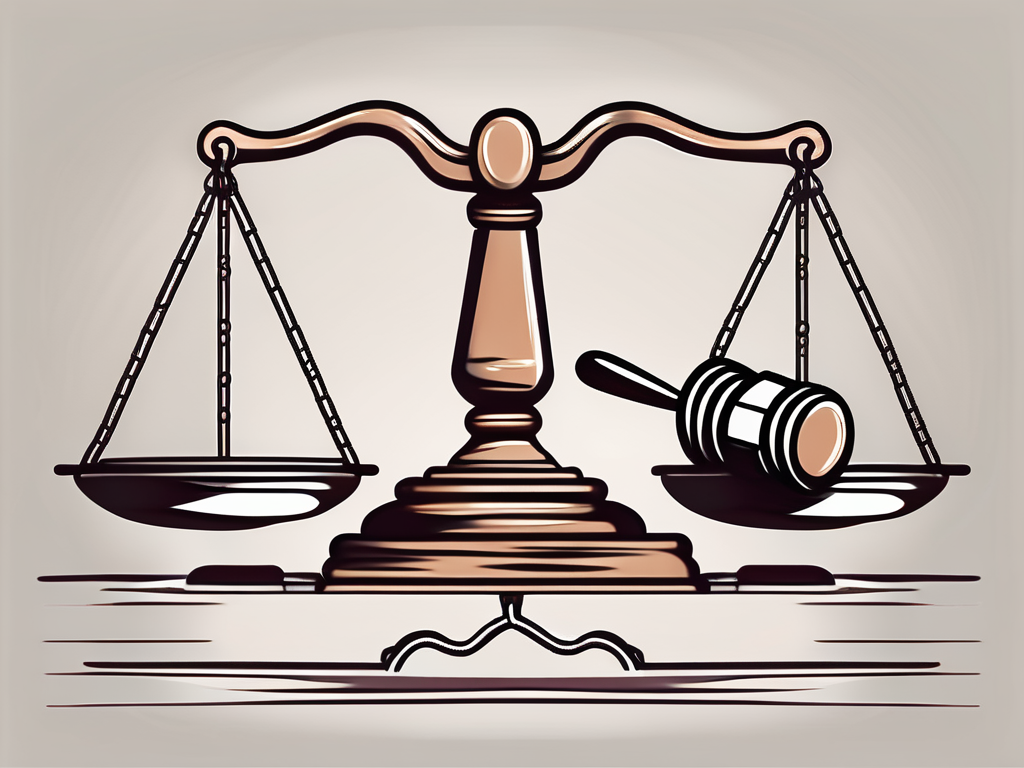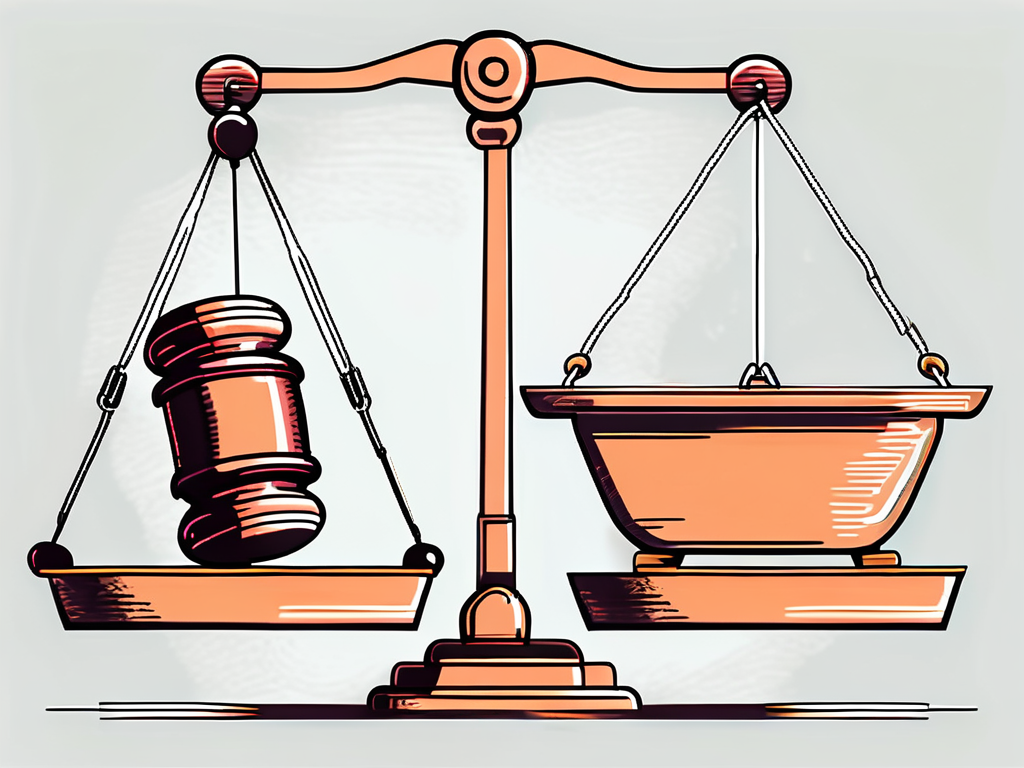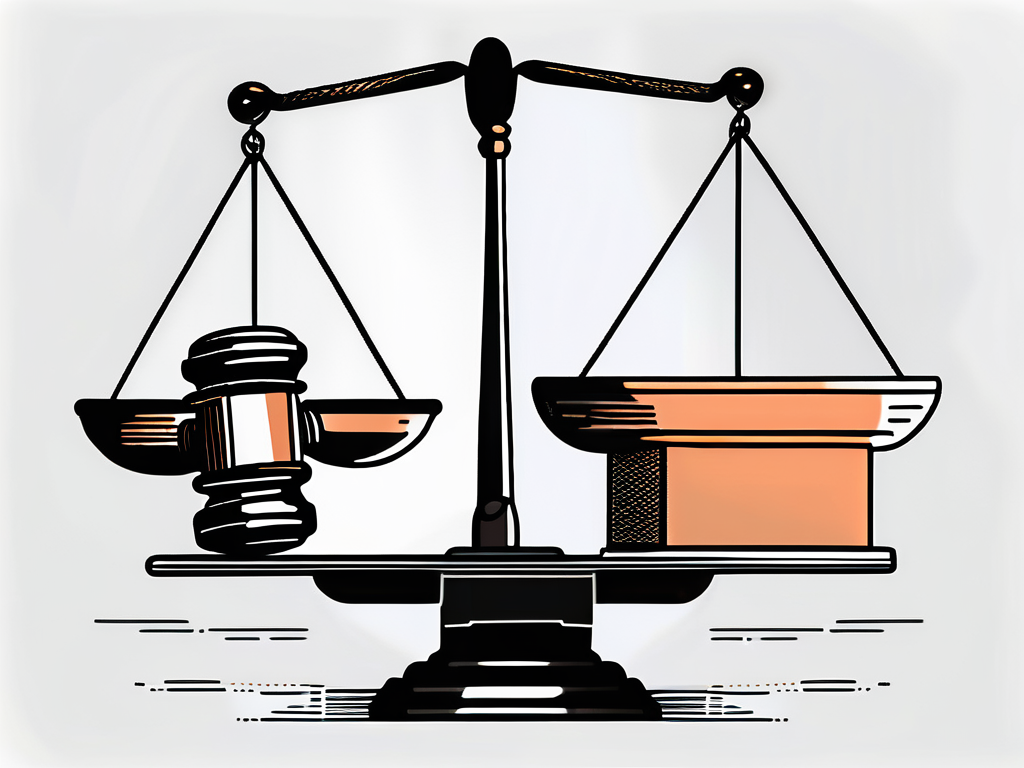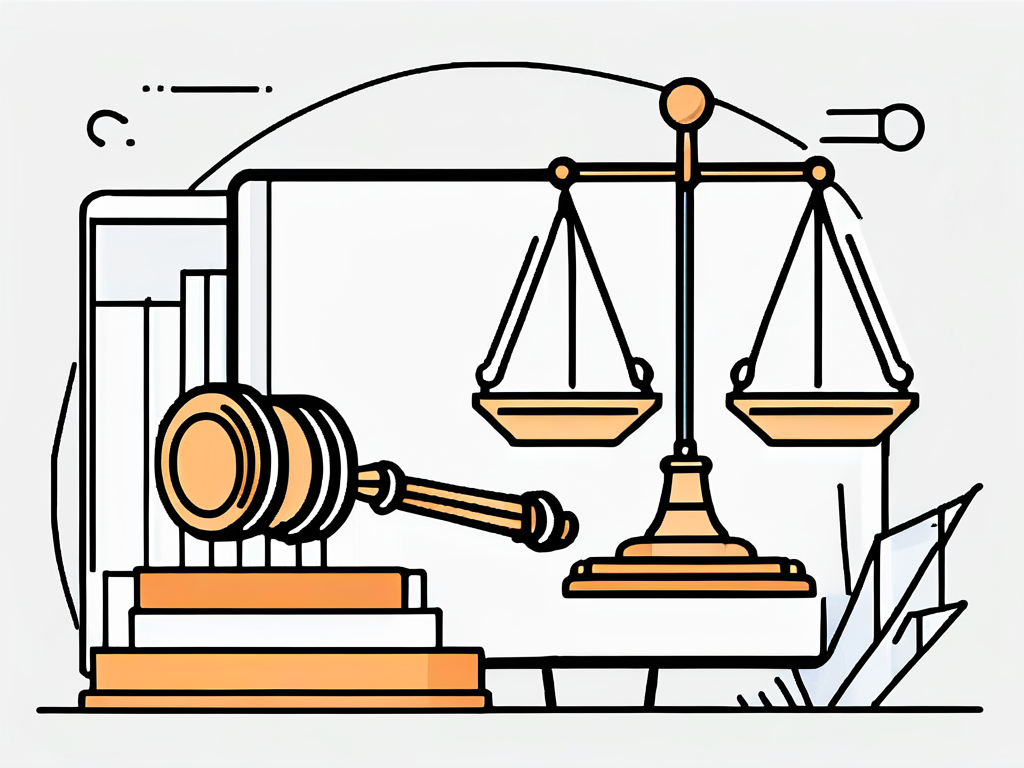
Discover the crucial legal know-how every Shopify store owner needs to navigate the e-commerce landscape with confidence.an
Running an e-commerce business can be a rewarding venture, but it comes with its fair share of legal responsibilities. As a Shopify store owner, it is crucial to understand the e-commerce regulations that govern your operations. This article will guide you through the key legal essentials that every Shopify store owner should know.
Understanding E-commerce Regulations
E-commerce regulations vary from country to country, and it is essential to familiarize yourself with the laws that apply to your business. These regulations cover a wide range of areas, including consumer protection, privacy, data security, intellectual property, and sales tax. Ignorance of these regulations can lead to legal trouble, fines, and damage to your reputation.

Keep abreast of changes in the legal landscape by regularly checking government websites, seeking legal advice, and joining e-commerce communities or forums where you can learn from experienced store owners.
Consumer protection laws in e-commerce are designed to ensure that consumers are informed about their rights when making online purchases. These laws often require businesses to provide clear information about products, prices, shipping, and return policies. Failure to comply with these regulations can result in dissatisfied customers and potential legal action.
Data security is a critical aspect of e-commerce regulations, especially with the increasing number of cyber threats targeting online businesses. It is crucial for e-commerce businesses to implement robust security measures to protect customer information and prevent data breaches. Non-compliance with data security regulations can lead to significant financial losses and irreparable damage to a company's reputation.
Key Legal Documents for Your Shopify Store
When setting up your Shopify store, there are a few essential legal documents you need to have in place. These documents protect your business and establish clear guidelines for customers. The primary legal documents include:
- Terms of Service: The terms of service outline the rules and requirements customers must adhere to when using your website.
- Privacy Policy: The privacy policy explains how you collect, store, and use customer data, ensuring compliance with data protection laws.
- Refund Policy: The refund policy clarifies your store's policy on returns, exchanges, and refunds.
Consult with a lawyer to draft these documents, ensuring they align with your specific business needs and comply with applicable regulations.
Additionally, it's crucial to consider including an Intellectual Property Policy to protect your brand assets. This policy outlines how your trademarks, copyrights, and other intellectual property are protected and used within your Shopify store. By clearly defining these guidelines, you can prevent unauthorized use of your brand assets and intellectual property.
Another important legal document to have is a Disclaimer, which helps limit your liability for the information presented on your website. A well-crafted disclaimer can protect you from potential legal claims related to the accuracy of information, product performance, or any unintended consequences of using your products or services. It's essential to consult with legal experts to ensure your Disclaimer effectively mitigates risks and safeguards your business.
Protecting Your Intellectual Property Online
As an e-commerce business owner, protecting your intellectual property (IP) is crucial. Intellectual property includes trademarks, copyrights, and patents. Take the following steps to safeguard your IP:

- Trademark Registration: Register your brand name and logos as trademarks to prevent others from using them without permission.
- Copyright Protection: Copyright your website content, product descriptions, blog posts, and images to protect your creative work.
- Patent Applications: If you have invented a unique product or technology, consider filing for a patent to protect your invention from being copied.
An experienced IP lawyer can guide you through the process and help you enforce your rights if infringement occurs.
Trademark registration provides legal protection for your brand identity, ensuring that competitors cannot capitalize on your hard-earned reputation. By securing trademarks for your brand name, logo, and slogan, you establish exclusive rights to use these elements in commerce, distinguishing your products or services from others in the market.
Copyright protection is essential for safeguarding your original content from unauthorized use. By registering your website content, product descriptions, blog posts, and images with the Copyright Office, you establish a public record of ownership. This not only deters potential infringers but also allows you to seek statutory damages in case of infringement, providing a strong legal basis for protecting your creative assets.
Navigating Sales Tax and VAT Laws
Sales tax and VAT (value-added tax) laws can be complex, especially when selling internationally. It is vital to understand the tax obligations in the countries where you operate. Consider the following:
- Research Tax Obligations: Research and understand the sales tax and VAT requirements specific to each jurisdiction where you have customers.
- Automate Tax Calculations: Use tax automation software to calculate and collect the correct taxes based on customer location.
- Consult a Tax Professional: Seek guidance from a tax professional or accountant to ensure compliance and minimize the risk of costly mistakes.
By proactively managing your tax obligations, you can avoid penalties and maintain a positive cash flow for your business.
When it comes to international sales tax and VAT compliance, it's essential to stay updated on any changes in regulations. Tax laws can evolve rapidly, and what may have been compliant last year could be outdated this year. Keeping abreast of these changes can help you avoid potential pitfalls and ensure smooth operations.
Furthermore, establishing a clear system for record-keeping is crucial for tax compliance. Maintaining detailed records of sales transactions, tax calculations, and any exemptions claimed can streamline the auditing process and provide a transparent view of your financial activities. This level of transparency not only helps with compliance but also builds trust with tax authorities and stakeholders.
GDPR Compliance for E-commerce Businesses
The General Data Protection Regulation (GDPR) applies to any business that collects and processes personal data from individuals within the European Union (EU).
To comply with GDPR, you should:
- Provide Consent: Obtain explicit consent from individuals before collecting their personal data, and give them control over its use.
- Secure Data: Implement security measures to protect customer data from unauthorized access or breaches.
- Enable Data Portability: Allow customers to easily transfer their data to another provider when requested.
Ensure your privacy policy reflects GDPR requirements and consider seeking legal advice to ensure compliance.
Handling Customer Data and Privacy
Protecting customer data and privacy is not only a legal requirement but also crucial for building trust with your customers. Here are some best practices to follow:
- Data Security: Implement robust security measures such as encryption and secure server protocols to safeguard customer data.
- Data Storage and Retention: Store customer data securely and only retain it for as long as necessary under applicable laws.
- Data Breach Response: Have a plan in place to respond to and notify customers in the event of a data breach.
By prioritizing data protection and privacy, you can ensure the trust and loyalty of your customers.
Terms of Service and Refund Policies
Your terms of service and refund policies are legally binding agreements between you and your customers. They establish guidelines for transactions and protect your business from disputes. Ensure your terms of service and refund policies cover the following:
- Payment Terms: Clarify accepted payment methods, currency, and payment schedule.
- Shipping and Delivery: Clearly state shipping methods, delivery times, and any associated costs.
- Refund and Return Process: Explain how customers can request refunds or returns and outline any eligibility criteria.
Regularly review and update your terms of service and refund policies to reflect changes in regulations or your business practices.
Dealing with Online Disputes and Chargebacks
Despite your best efforts, disputes and chargebacks may still occur. Handle these situations professionally and fairly by:
- Establishing Communication Channels: Provide clear contact information to ensure customers can reach out with questions or concerns.
- Responding Promptly: Address customer inquiries or complaints in a timely manner to prevent escalation.
- Consider Mediation: If a dispute arises, consider using a mediation service to resolve the issue amicably outside of court.
Effective communication and a willingness to find mutually agreeable solutions can help mitigate the impact of disputes on your business.
Legal Considerations for International Sales
If you plan to sell internationally, there are additional legal considerations to keep in mind:
- Import and Export Regulations: Research and comply with import and export regulations, including customs duties, product restrictions, and labeling requirements.
- International Payment Methods: Offer secure and preferred payment methods for international customers, such as PayPal or international credit cards.
- Addressing Language and Cultural Differences: Be mindful of language barriers and cultural norms when communicating with international customers.
By understanding and adapting to the legal requirements and cultural nuances of different countries, you can successfully expand your e-commerce business internationally.
Staying Up-to-Date with E-commerce Laws and Regulations
E-commerce laws and regulations are continually evolving, and it is crucial to stay informed about any changes or updates. Regularly review government websites, industry publications, and consult legal professionals to ensure compliance.

Additionally, joining relevant e-commerce communities, attending industry conferences, and participating in webinars can provide valuable insights and knowledge-sharing opportunities with other store owners.
In conclusion, as a Shopify store owner, understanding and complying with e-commerce regulations is essential for the smooth operation of your business. By familiarizing yourself with the legal essentials, protecting your intellectual property, managing taxes, ensuring GDPR compliance, prioritizing customer data security and privacy, and staying up-to-date with legal changes, you can navigate the e-commerce landscape confidently and protect your business from potential legal risks.











